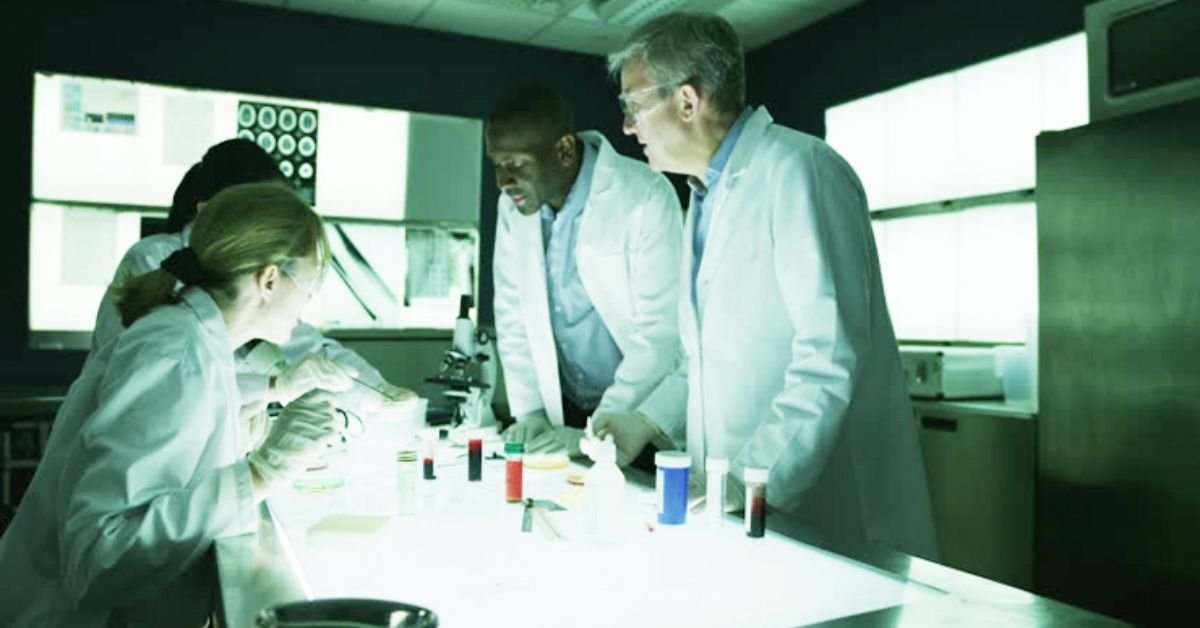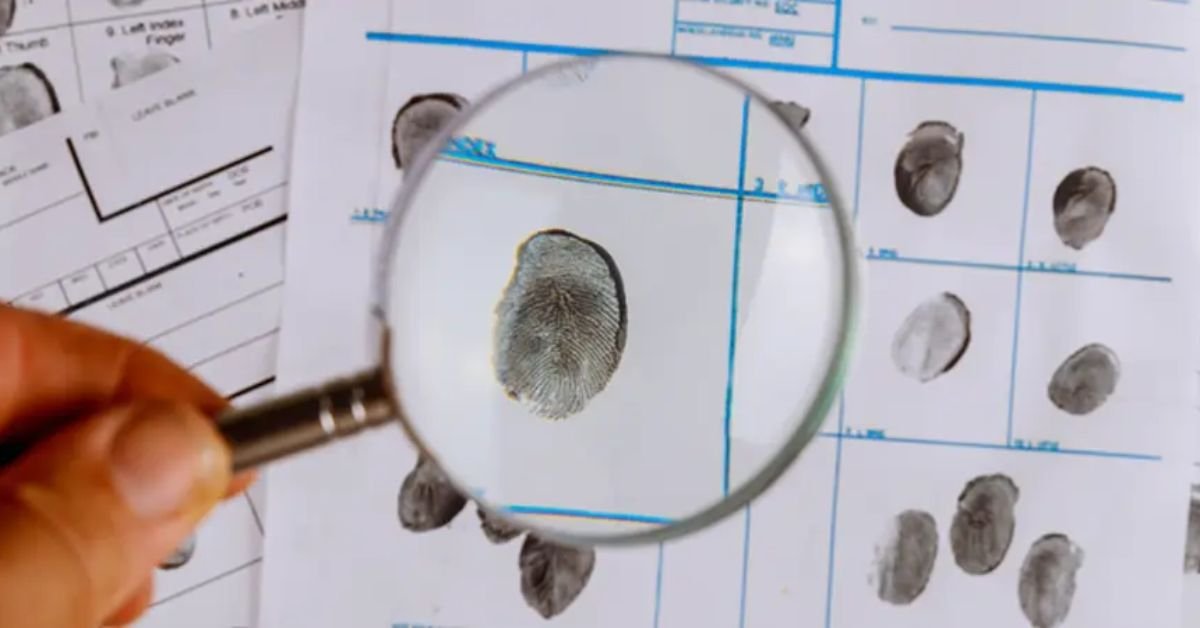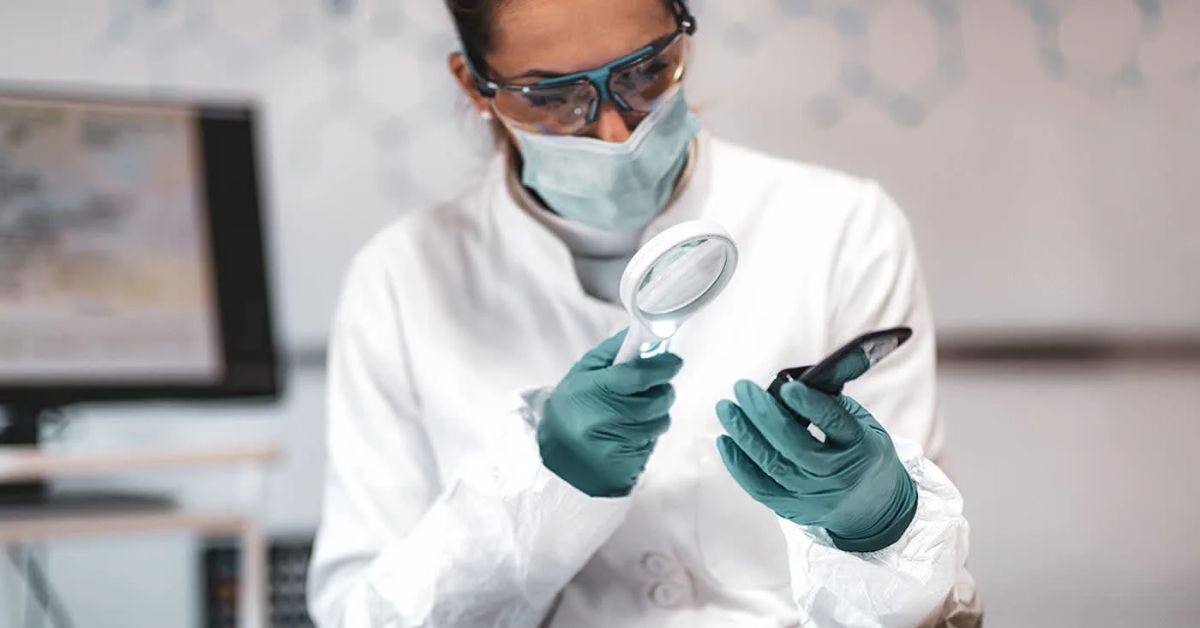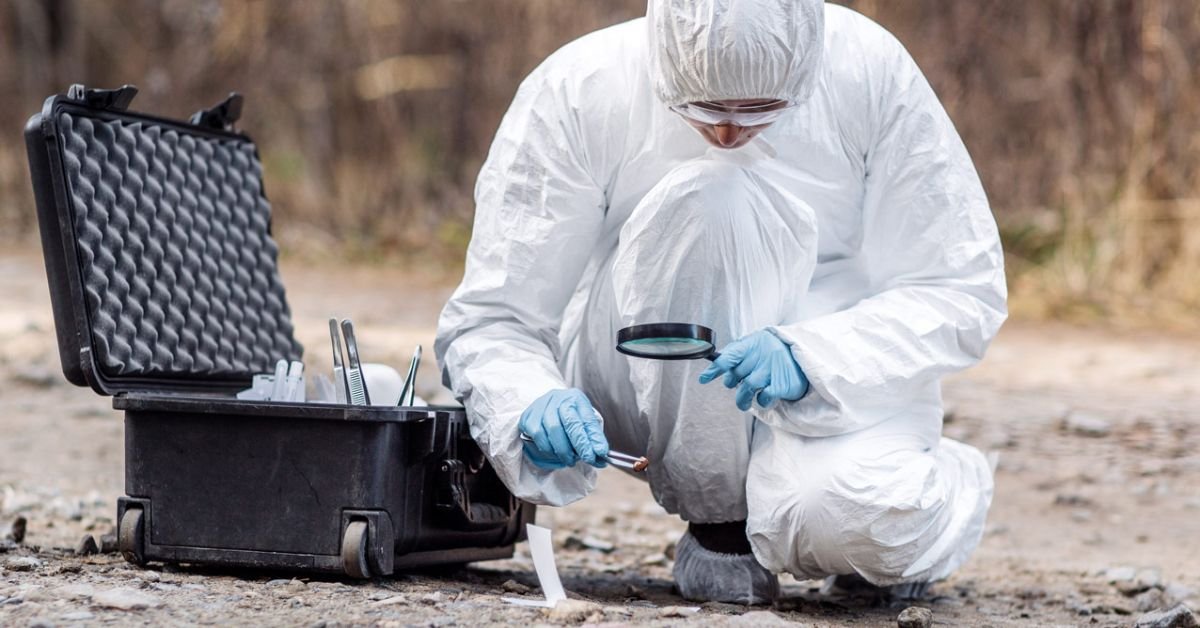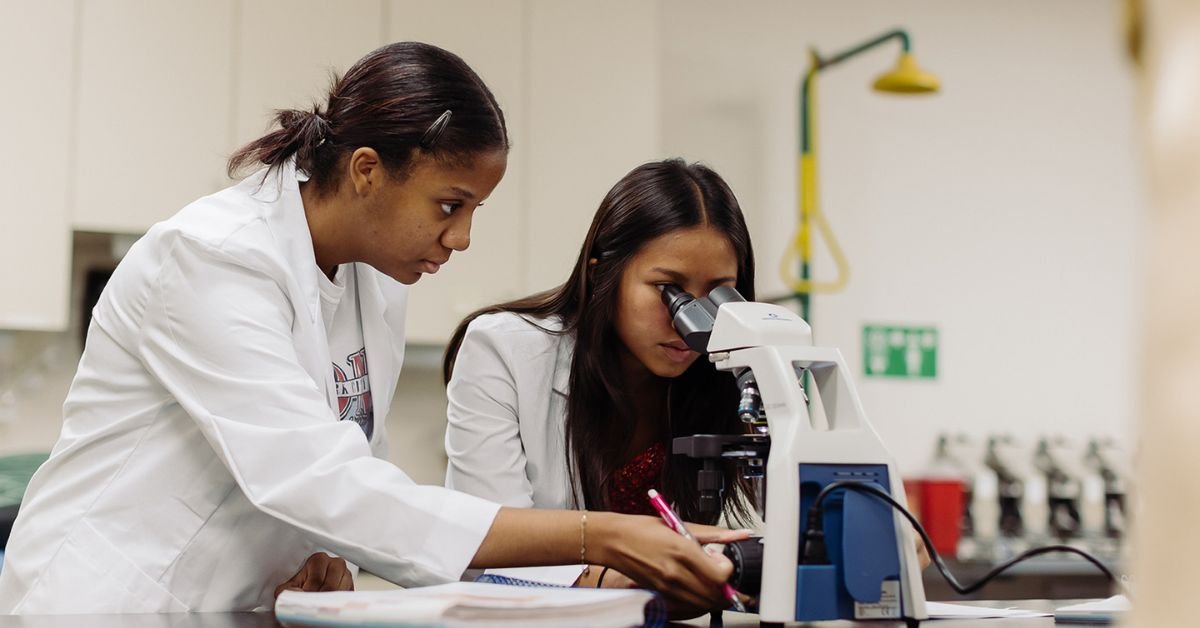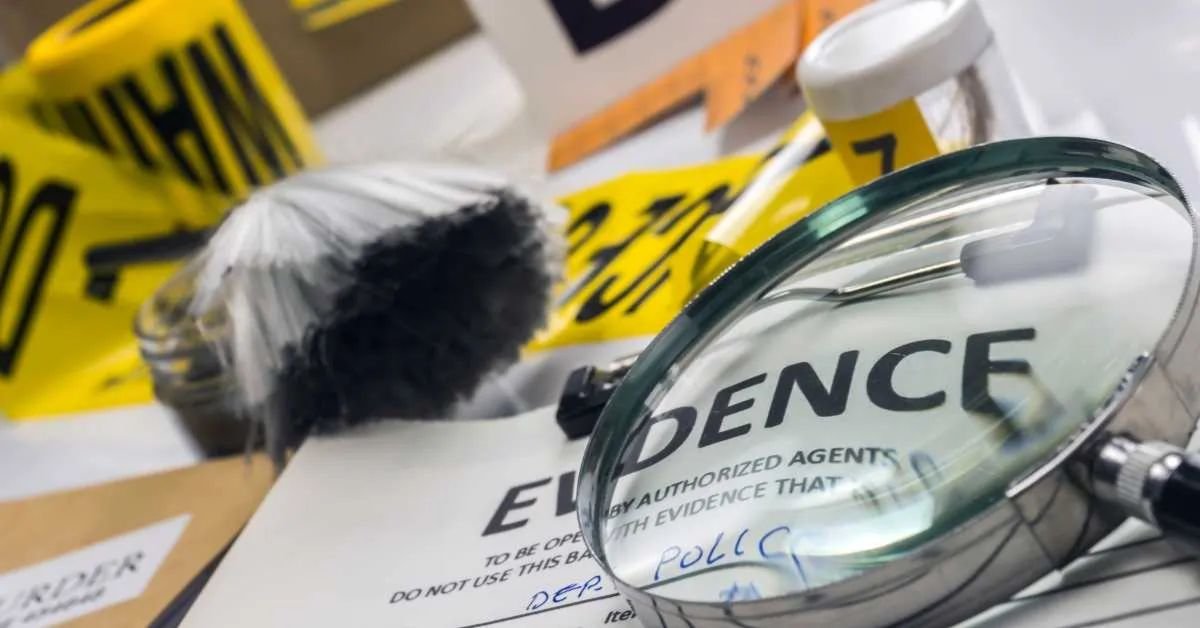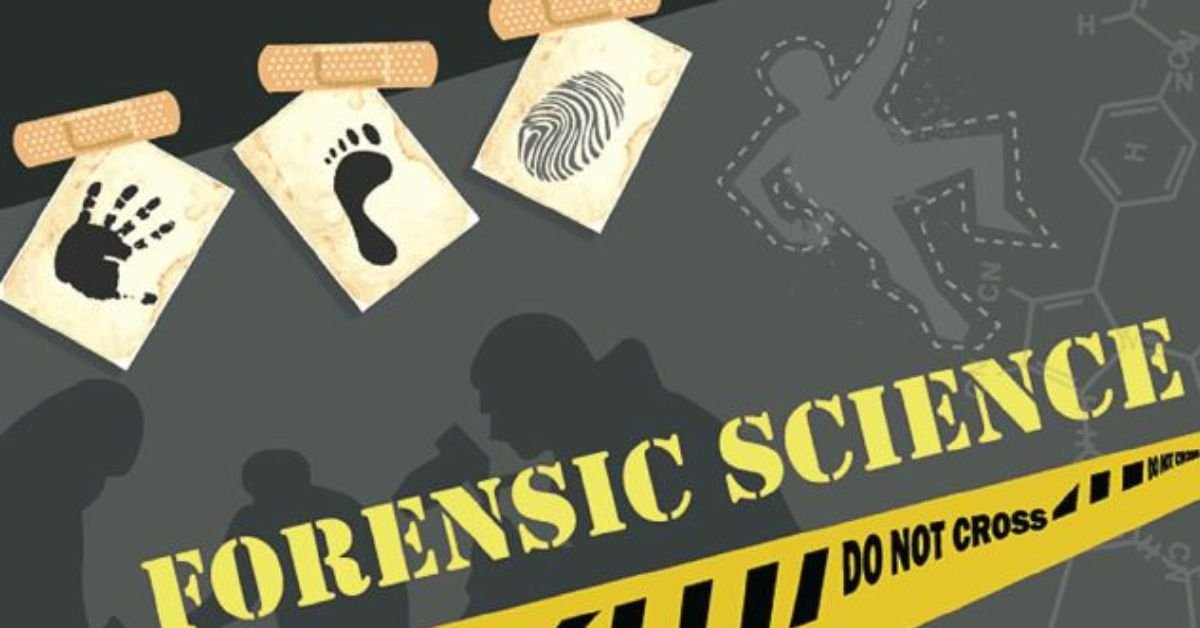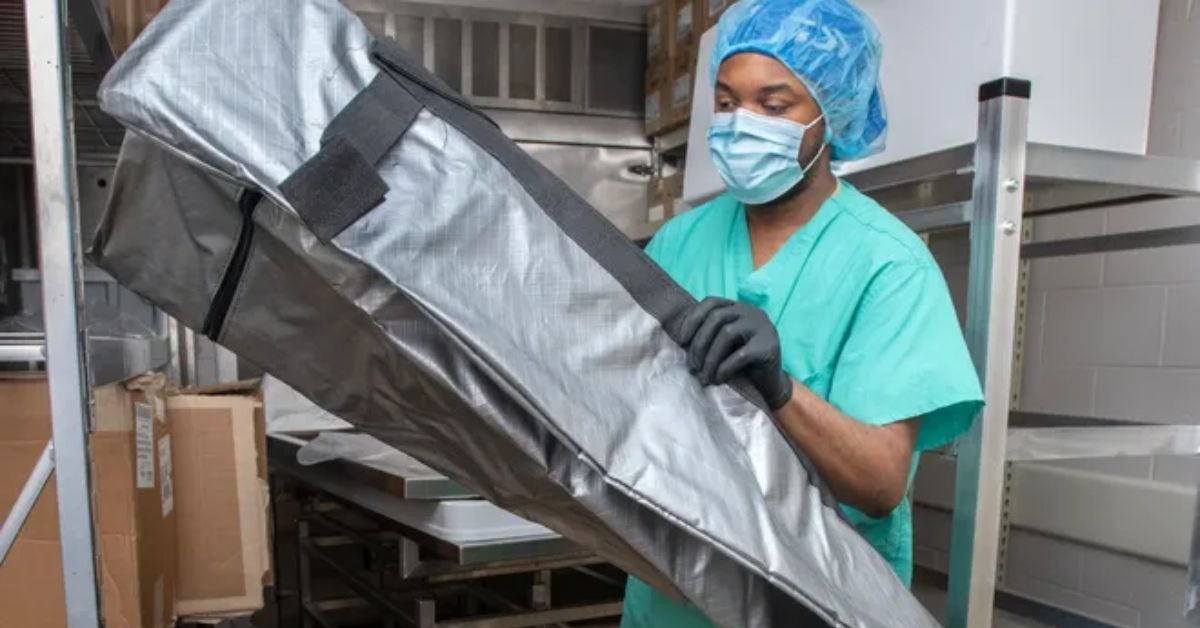Forensic science plays a vital role in the justice system, using scientific principles and techniques to help solve crimes and bring criminals to justice. This interdisciplinary field integrates various scientific methodologies, ranging from biology and chemistry to physics and digital technologies. The state of Florida, known for its large and diverse population, requires skilled forensic science professionals to manage an ever-increasing volume of criminal investigations and to assist in solving high-profile cases. Forensic scientists must possess a wide array of skills to ensure that their findings are accurate, credible, and legally defensible. This article explores the essential skills required for forensic science jobs in Florida, providing insight into the competencies needed for success in this critical field.
1. Analytical Skills
Forensic science professionals must have strong analytical skills, as their primary role is to interpret data collected from crime scenes or other investigative sources. Whether analyzing biological samples, chemical traces, or digital evidence, forensic scientists need to be able to identify patterns and draw conclusions from complex data sets. The ability to critically evaluate evidence, test hypotheses, and apply scientific methods is fundamental to their work.
For instance, forensic biologists in Florida might analyze blood samples to determine the presence of DNA, while forensic chemists might work with drug substances to identify their composition. Forensic scientists must also be able to evaluate the reliability of evidence and understand how external factors, such as contamination or degradation, might affect the analysis.
2. Attention to Detail
Precision is key in forensic science. A small mistake or oversight in collecting, handling, or analyzing evidence can lead to incorrect conclusions that could jeopardize a case. Attention to detail is therefore one of the most important skills for forensic scientists, as even minor errors can undermine the reliability of their work.
In Florida, where forensic experts are often called to work on high-profile criminal cases, the consequences of mistakes can be severe. A forensic scientist working in a crime laboratory must ensure that all evidence is meticulously handled and documented, adhering to established protocols for chain of custody. Inconsistent or improper procedures could result in evidence being dismissed in court or losing its credibility as a result of contamination or mishandling.
3. Knowledge of Forensic Techniques
To excel in the field, forensic scientists must be knowledgeable about the specific techniques relevant to their area of expertise. Forensic science covers a range of specializations, such as DNA analysis, fingerprint analysis, toxicology, and digital forensics, among others. Professionals must be well-versed in the technologies and methodologies used in their particular field to ensure they can conduct analyses accurately and reliably.
In Florida, forensic scientists might be called upon to apply techniques such as polymerase chain reaction (PCR) for DNA profiling, or gas chromatography-mass spectrometry (GC-MS) for toxicological analysis. It is also essential for them to stay up-to-date with the latest advancements in forensic technology, including next-generation sequencing methods and digital tools for investigating cybercrimes.
4. Knowledge of Legal and Ethical Standards
Forensic scientists must have a solid understanding of the legal and ethical frameworks that govern their work. In Florida, the law dictates how evidence is collected, handled, and presented in court, and forensic professionals must follow these protocols to ensure the admissibility of their findings. For instance, Florida Statutes Chapter 406 governs the investigation of deaths and the handling of human remains, while the Florida Evidence Code sets out the requirements for the presentation of scientific evidence in court.
In addition to legal knowledge, forensic scientists must adhere to high ethical standards. They must be impartial and objective in their analyses, ensuring that their findings are not influenced by external pressures. Ethical conduct also includes maintaining confidentiality and preventing the manipulation or alteration of evidence.
5. Communication Skills
Forensic scientists often serve as expert witnesses in court, where they must present complex scientific findings in an understandable and credible manner. Effective communication skills are therefore essential. They must be able to explain their methods, the reliability of their findings, and the significance of the evidence without resorting to technical jargon that might confuse jurors, attorneys, or judges.
Additionally, forensic scientists in Florida work closely with law enforcement officers, attorneys, and other experts. They must be able to write clear and concise reports, detailing the results of their analyses, and be prepared to present their findings verbally in meetings or courtrooms.
6. Problem-Solving Abilities
Forensic scientists are frequently confronted with complex and ambiguous cases, where evidence is sparse or unclear. The ability to think critically and apply problem-solving techniques is essential to finding solutions. In many cases, forensic scientists must use their knowledge of science and law to piece together incomplete evidence and provide new insights into criminal investigations.
In Florida, where cases range from local criminal offenses to high-profile murders and fraud investigations, forensic scientists may need to develop creative approaches to piece together the puzzle. Problem-solving also involves determining the most appropriate scientific methods for addressing the challenges posed by each unique case.
7. Technological Proficiency
The forensic science field is heavily reliant on technology, with professionals using sophisticated equipment and software to analyze evidence. As technology continues to advance, forensic scientists must stay abreast of new tools and techniques. This includes mastering instruments like mass spectrometers, DNA sequencers, and digital forensics software that allows for the recovery of deleted or encrypted files from computers and mobile devices.
In Florida, forensic scientists involved in digital forensics must be proficient in using specialized software tools to examine devices like smartphones, computers, and servers. Moreover, as forensic science technology continues to evolve, professionals must be proactive in learning and adapting to new methods to maintain the integrity of their work.
8. Time Management and Organization
Forensic science professionals often face tight deadlines and high caseloads. To maintain the accuracy and timeliness of their work, they must be skilled in time management and organization. Whether working on multiple cases or handling large volumes of evidence, forensic scientists must prioritize tasks effectively to ensure that evidence is processed without delay.
In Florida, forensic scientists may work in busy laboratories where the volume of cases is consistently high. Effective time management is crucial to ensure that no case is neglected, and that analysis is completed promptly to aid law enforcement agencies in their investigations.
9. Teamwork and Collaboration
While forensic scientists often work independently, they are also part of a broader team that includes law enforcement, legal professionals, and other forensic experts. Forensic professionals in Florida must be capable of collaborating effectively with colleagues in different specialties. For example, forensic toxicologists may work closely with pathologists to understand the cause of death in a case, or digital forensic experts may collaborate with police officers to recover crucial data from electronic devices.
Teamwork also extends to the ability to communicate effectively with non-scientific personnel, including police officers, attorneys, and jurors, ensuring that all parties involved in the investigation understand the significance of the evidence.
10. Physical Stamina
Forensic science is not only a mental discipline but also a physically demanding one. Forensic scientists may be required to work long hours in the laboratory, attend crime scenes under challenging conditions, or travel to different locations for investigations. Physical stamina is essential for managing the demands of the job, particularly for those involved in fieldwork or working with hazardous materials.
In Florida, where natural disasters such as hurricanes can complicate investigations, forensic scientists must also be prepared for challenging conditions. This could include working in remote or dangerous locations, which requires physical endurance.
Conclusion
The role of a forensic scientist is critical in ensuring that justice is served in Florida’s criminal justice system. Professionals in this field must possess a diverse set of skills, from technical expertise and legal knowledge to problem-solving abilities and effective communication. The complexity and variety of forensic science cases demand professionals who can adapt to new challenges and use the latest technology to analyze evidence.
As forensic science continues to evolve, professionals in this field must remain committed to ongoing learning and development to ensure that their work remains accurate, ethical, and reliable. With the proper training, skills, and experience, forensic scientists are well-equipped to contribute to the justice system and uphold the integrity of legal proceedings.
